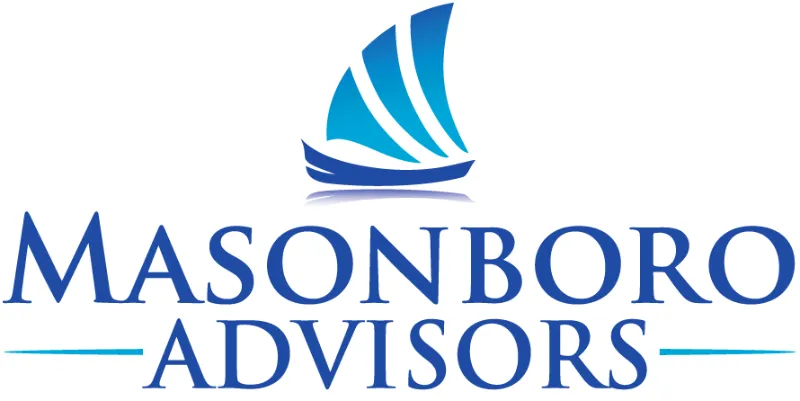The Role of Financial Advisors in NIL Deals
The landscape of college athletics has undergone an unprecedented shift with the introduction of Name, Image, and Likeness (NIL) deals. In 2021, the NCAA lifted its long-standing ban on student-athletes profiting from their personal brand. Now, athletes can sign sponsorship deals, create merchandise, and engage in various business ventures. While this new freedom presents significant financial opportunities, it also introduces complex challenges that many student-athletes are not prepared to navigate on their own. This is where financial advisors come into play.
What are NIL Deals?
NIL deals allow college athletes to profit from their name, image, and likeness, which can include a range of activities such as promoting products on social media, appearing in commercials, or even launching personal brands. Previously, NCAA rules prohibited athletes from receiving any compensation for their likeness while competing in college sports. However, with the advent of NIL deals, athletes can now leverage their popularity and marketability to generate income, making college sports even more lucrative for those with strong followings. While the financial freedom that comes with NIL is exciting, it also presents numerous hurdles. Most college athletes lack the expertise needed to manage large sums of money or navigate complex business transactions. That’s where financial advisors play an essential role, helping athletes make informed decisions and avoid common financial pitfalls.
The Need for Financial Advisors
As NIL deals have become increasingly common, university athletic departments have made an effort to provide financial resources such as financial literacy courses for student-athletes. While this can be extremely beneficial, especially for those that come from a limited financial literacy background, the personal finance landscape can be complex and confusing. Financial advisors are equipped with the knowledge and experience to assist athletes in several key areas, ensuring that they maximize their earnings and make sound financial decisions that will benefit them long after their college careers.
Here's how financial advisors can help college athletes manage their NIL opportunities:
1. Investment Strategies
Once athletes start earning substantial income from NIL deals, many seek to grow their wealth by investing. Financial advisors can help guide athletes through investment options that align with their age, financial goals and risk tolerance. This could include setting up retirement accounts like Roth IRAs, investing in stocks or bonds, or even exploring real estate opportunities.Investing wisely early on is crucial to building wealth that will support athletes whether they have a prosperous professional career or not. Since college athletes may have a limited window to earn NIL income, advisors work to help them secure financial independence long after their playing days are over.
2. Tax Efficiency
One of the first challenges many athletes face with NIL deals is understanding the tax implications. The tax code can be confusing for anyone, so having a financial advisor can help student-athletes find ways to reduce their tax liability. Financial advisors play a crucial role in helping athletes find tax-efficient financial strategies. This might include opening up and managing tax-efficient investment vehicles and offering strategies to reduce taxable income. Advisors can also work with tax professionals to ensure athletes stay compliant with tax laws and avoid costly penalties.
3. Budgeting and Cash Flow Management
For athletes suddenly earning large sums of money, proper budgeting is key to long-term financial success. Financial advisors help athletes develop personalized budgets that balance current spending with future goals. Without proper cash flow management, athletes risk spending beyond their means and jeopardizing their future financial stability. Financial advisors can help athletes allocate funds for immediate needs (like tuition, living expenses, or personal luxuries) while also saving for the future. By setting up savings accounts and establishing emergency funds, advisors help athletes avoid financial pitfalls and plan for the day when their college career ends, and they may no longer receive NIL income.
4. Branding and Entrepreneurship
Some athletes choose to expand their NIL income by building a personal brand or launching their own business ventures. Whether it’s creating a line of merchandise, launching a YouTube channel, or collaborating with brands, athletes can turn their NIL opportunities into entrepreneurial endeavors.
Financial advisors help athletes assess their entrepreneurial goals and create a solid strategy for success. Advisors can be a powerful resource for athletes looking for connections and advice to expand their brand or business portfolio.
The Growing Importance of Financial Education
In addition to offering specific financial advice, many financial advisors also emphasize the importance of financial education. Athletes, particularly those with limited financial literacy, often benefit from learning the basics of budgeting, saving, and investing.
Advisors can help athletes build a strong foundation for financial independence by teaching them essential skills they will carry with them long after their athletic careers end. Many advisors even work with schools and teams to integrate financial literacy programs, ensuring that athletes understand the broader financial landscape and are prepared for the challenges that lie ahead.
Conclusion
NIL deals have opened up a plethora of new financial opportunities for college athletes, but they have also introduced new challenges that require expertise to navigate. Financial advisors are essential partners in helping athletes manage their finances and plan for the future. Whether it’s guiding athletes through taxes, creating investment strategies, or helping them build a personal brand, financial advisors are playing an increasingly important role in the world of college athletics.
As the NIL landscape continues to evolve, the relationship between college athletes and their financial advisors will only become more vital. With the right guidance, athletes can turn their NIL earnings into long-term financial success, securing their futures both on and off the field.


